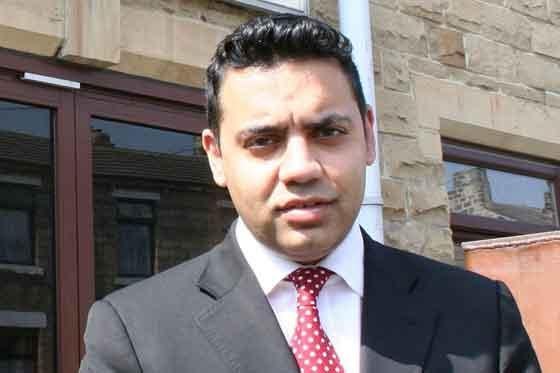
The country’s senior libel judge has thrown new light on the criteria necessary if the “Reynolds Defence” of privilege is to succeed in libel actions.
Mr Justice David Eady has left no doubt that in cases where papers believe a piece should be published in the public interest they must do all they can to achieve a balance by getting both sides of the story. And if, as in this case they don’t, then he has made it clear that the courts will not accept a defence of privilege.
The latest guidance comes in a case in which Dewsbury and Mirfield MP, Shahid Malik, sued Newspost Ltd who publish the Dewsbury Press and its editor Danny Lockwood over allegations which he claimed branded him among other things as a ‘racist and a dangerous extremist who is unfit to hold public office as an MP.”
The allegations were contained first in a letter by local Conservative Councillor Jonathan Scott and later in an article in the Dewsbury Press. In addition to suing the paper Malik, who also claimed the articles indicated that he organised and directed gangs of Asian thugs to disrupt the voting in Dewsbury South council elections, is suing Scott as well.
The case was the subject of a two-week libel trial in November which culminated with a hung jury. This latest ruling came as part of a new proceedings which could lead to a second trial.
Mr Justice Eady said: ‘Sometimes, it may be in the public interest for allegations to be generally disseminated through the media by means which cannot be labelled as investigative (or indeed any other form of) journalism.
‘It is possible to conceive of circumstances where it is the information itself, and the public interest in receiving it, that is important rather than the means of conveying it.”
He said that in those circumstances it obviously could not be said that privilege must be ruled out of court altogether merely because they the circumstances did not exactly match the Reynolds defence cases.
‘There must still be a form of public interest protection,’he said.
And, turning to items published in the Dewsbury Press he continued : ‘There is no doubt that the subject-matter of these publications is of public interest. Allegations of undermining the democratic process, including by intimidation, are very serious indeed.’
But he added : ‘As is well established, however, that alone does not mean that it is in the public interest to publish any such allegations irrespective of their truth or falsity.”
Turning to the paper’s handling of the matter he said there would ‘no doubt be circumstances in which such allegations could be reported under the cloak of privilege, provided certain steps had first been taken.”
Those steps, he said would include obtaining a response from Malik in advance of publication or carrying out other corroborative checks or ensuring that both sides of the controversy were fairly and disinterestedly reported.
But he went on : ‘The facts of the present case, however, do not fit into either of these forms of privilege.”
He said that, while he was prepared to accept that the reporter who wrote the story had tried to contact Mr Malik on his mobile phone he had not left a message or made any other attempt to establish contact through Malik’s offices in Dewsbury or Westminster.
‘It seems clear in the light of the authorities that, in the case of allegations this serious, more determined attempts should have been made to give Mr Malik the chance to comment,’he said.
‘No effort was made to give his side of the story at all. In my judgment, that is on the facts of this case fatal to the First and Second Defendants’ plea of privilege.’
Email pged@pressgazette.co.uk to point out mistakes, provide story tips or send in a letter for publication on our "Letters Page" blog
